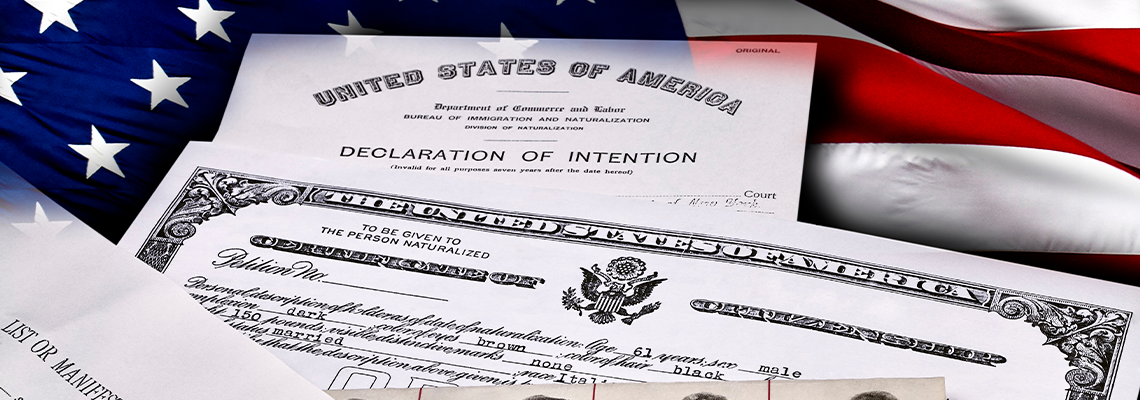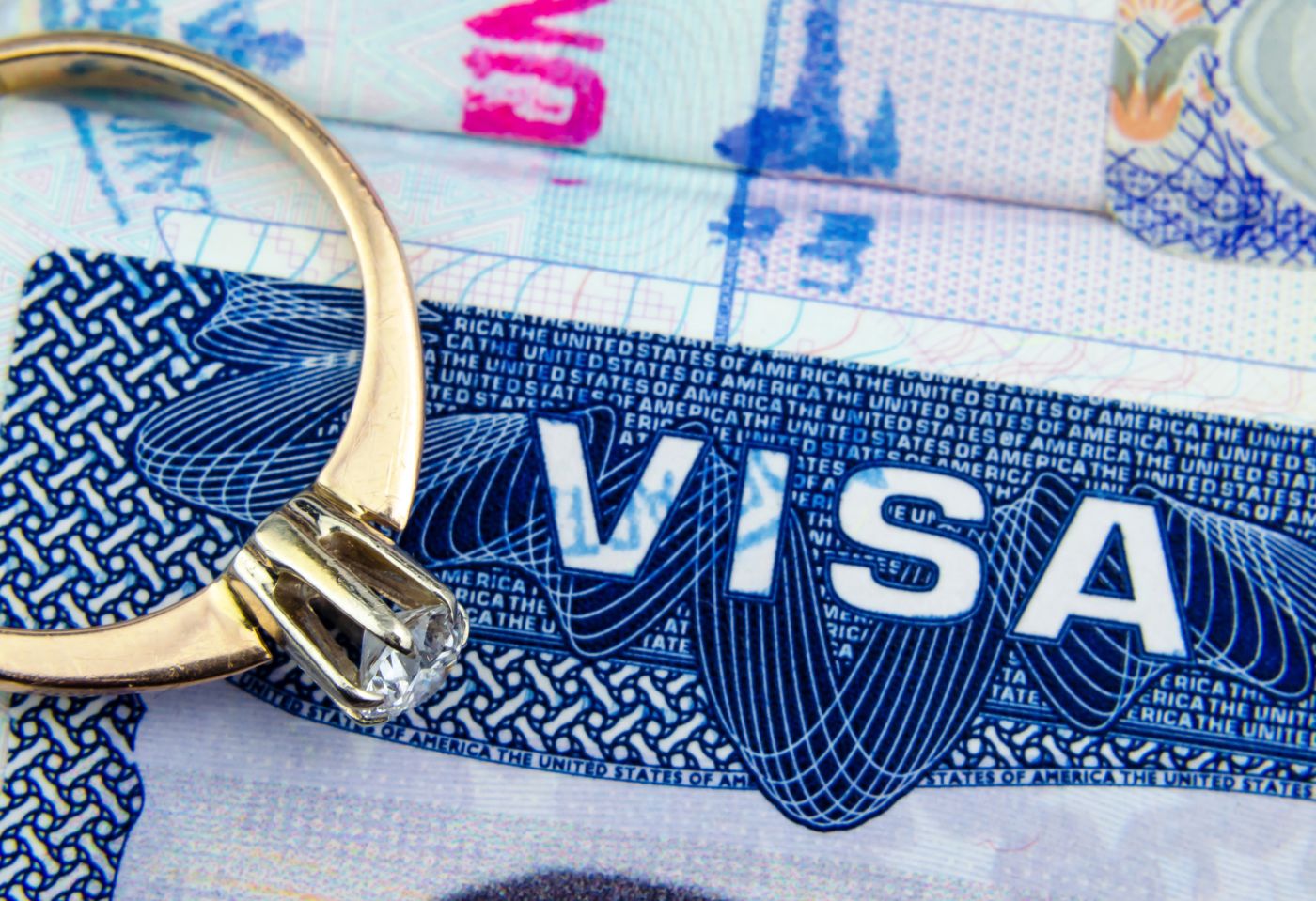The U.S. immigration system is very particular when it comes to document requirements. Whether you are applying for a green card via consular process in the U.S. embassy in Santo Domingo, Dominican Republic, or are already here in the United States and are going through the Adjustment of Status process you will need to comply with the document requirements and provide the foreign documents that are accepted by the U.S. government.
Dominican Birth Certificates:
Document Name: Acta de Nacimiento Inextensa
Issuing Authority: Oficialia de Estado Civil, closest to the place where the person was born.
Legalizing Authority: Oficina Central de Registro Civil en la Junta Central Electoral en Santo Domingo.
There are several types of birth certificates issued in the Dominican Republic, depending on the purpose for which the document will be used. There are shorter versions of birth certificates, for school enrollment purposes, as well as abstract or (extracto de acta) which only highlights the major points contained in the full length acta. The U.S. requires an original, legalized and in-extensa or long form birth certificate.
Dominican Marriage Certificates:
Document Name: Acta de Matrimonio
Issuing Authority: Oficialia de Estado Civil closest to the place where the marriage took place
Legalizing Authority: Oficina Central de Registro Civil en la Junta Central Electoral en Santo Domingo.
The US Embassy in the Dominican Republic requires the original and legalized marriage certificate, if you are applying for an adjustment of status in the U.S. that this document needs to be translated into English.
Marriage in the Dominican Republic falls into two categories: civil marriages and religious marriages.
Civil marriage (matrimonio civil) : the parties present themselves to their correspondent civil registry office in front of an officer who performs the marriage ceremony and ensures that a record of the marriage stays within the civil registry.
Religious marriages (matrimonio canonico) : are performed by a religious minister who is authorized to perform marriages, the record of the marriage is then will officiate in the correspondent civil registry office.
Regardless of whether the marriage was religious or in the civil registry office, the official marriage certificate will be required as proof of marriage, the document needs to be the original copy issued by the civil registry office and then legalized by the central office of civil registry in Santo Domingo.
Dominican Divorce Decree or Sentencia de Divorcio:
In the Dominican Republic the final steps of the divorce process are very important. The divorce judgement or sentencia de divorcio has to be filed in the Office of the Civil Registry after the judgment has been rendered.
The filing of the judgment starts the 60 day period in which each one of the parties is entitled to appeal the judgment. After the expiration of the 60 day appeal period, the judgment has to be pronounced by an appropriate non-judicial officer of the Office of the Civil Registry, the pronouncement ends the marriage. Within eight days of the pronouncement, the divorce judgment must be published in a newspaper of general publication.
To obtain a copy of the divorce decree, you need to go to the civil registry office in the city where the divorce took place. The only record of the divorce is a handwritten record, in the official book of the office of the civil registry, in order to obtain a copy of the divorce, the interested party needs to request an extract of the record, which is prepared by a civil registry employee for a fee.
Please contact our office to schedule an appointment with our immigration attorney!
Disclaimer: This Blog is made available by the lawyer or law firm publisher for educational purposes only as well as to give you general information and a general understanding of the law, not to provide specific legal advice. By using this blog site you understand that there is no attorney-client relationship between you and the Blog/Web Site publisher. The Blog should not be used as a substitute for competent legal advice from a licensed professional attorney in your state.


